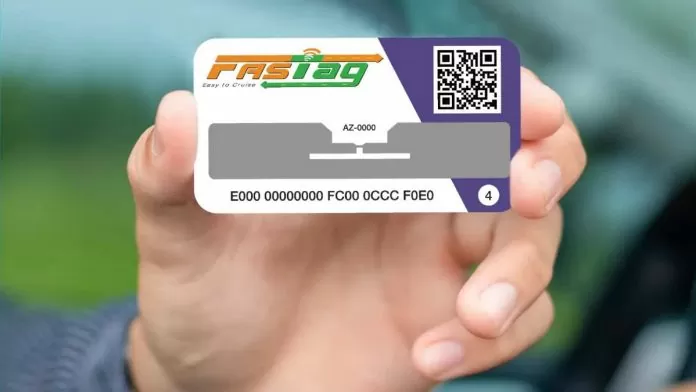
The Reserve Bank of India has introduced a new rule for all banks, under which no pre-debit notification will be issued on auto-replenishment of certain services like FASTag and National Common Mobility Card (NCMC). Also, RBI has included FASTag and National Common Mobility Card (NCMC) in the e-mandate framework.
In these payment systems, money will automatically be added to the customer's account as soon as the amount falls below the prescribed limit. This means that now FASTag users will not need to recharge FASTag again and again. It can be said that now the hassle of recharging FASTag will end for the customers. The e-mandate framework was created in the year 2019.
What did RBI say in the circular?
Auto-replenishment of balance in FASTag and NCMC, which kicks in when the balance falls below a threshold set by the customer, will now come under the existing e-mandate framework. These transactions, being recurring but irregular in timing, will be exempted from the usual requirement of sending pre-debit notifications to customers 24 hours before the actual charge, the Reserve Bank of India said in a circular.
Why was e-Mandate Framework introduced?
The e-mandate framework was first introduced through multiple circulars from 2019 to protect customers by giving them advance notice of upcoming debits from their accounts. In its most recent update, RBI has recognised the importance of accommodating the need for flexibility, especially in situations where transactions are regular and essential for the smooth functioning of services such as toll payments and topping up mobility cards.
What was in the RBI circular of 2019?
In 2019, RBI stated that as a risk mitigation and customer convenience measure, the issuer shall send a pre-transaction notification to the cardholder at least 24 hours prior to the actual charge/debit on the card. While registering the e-mandate on the card, the cardholder shall be given the option to choose a mode from the available options (SMS, email, etc.) to receive pre-transaction notifications from the issuer in a clear, unambiguous and understandable language. The cardholder shall also be given the option to change the mode of receiving pre-transaction notifications.
 look news india
look news india
